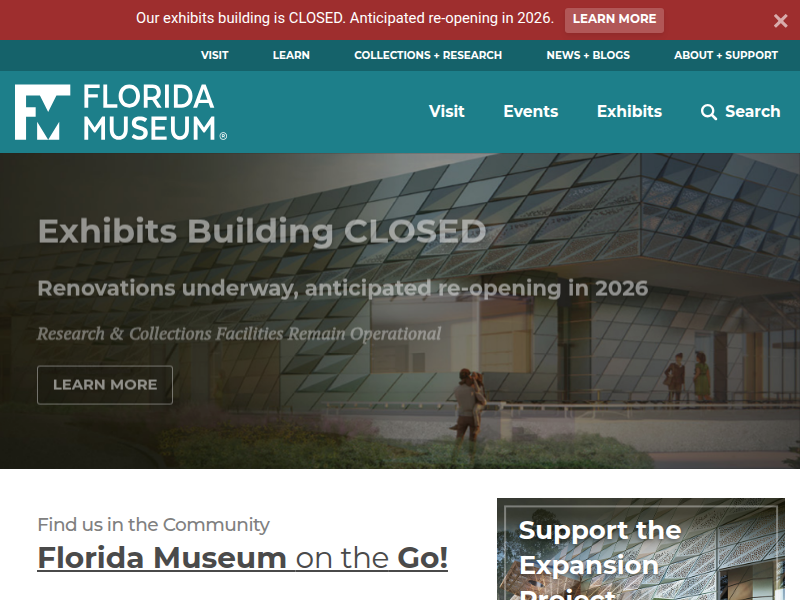Merychippus – Fossil Horses https://www.floridamuseum.ufl.edu/fossil-horses/gallery/merychippus/
Merychippus represents a milestone in the evolution of horses. Though it retained the primitive character of 3 toes, it looked like a modern horse. Merychippus had a long face. Its long legs allowed it to escape from predators and migrate long distances to feed. It had high-crowned cheek teeth, maki
ruminated. Merychippus got its name because the crests of the teeth of reminded Professor

